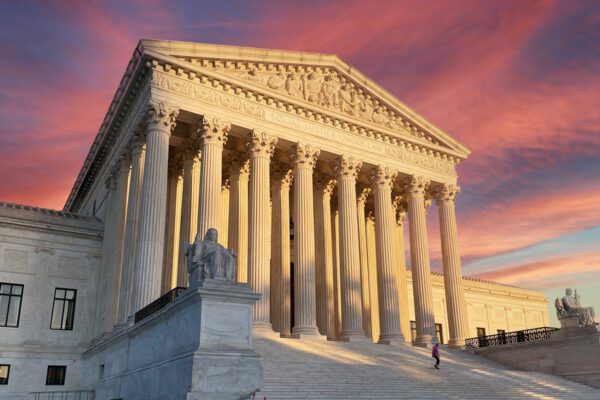The U.S. Supreme Court has declined to review a challenge to a Seattle ordinance which required large hotel employers and related businesses to make minimum monthly expenditures for their covered workers to improve access to health care benefits. Covered employers that fail to comply with the law’s requirements are subject to civil penalties. The Supreme Court’s decision to allow Seattle’s “pay or play” law to stand may encourage other cities and states to enact laws requiring employers to make similar health care payments.
Seattle Law
The Seattle law (SMC 14.28) requires large hotel employers and related businesses to make minimum monthly health care expenditures to (or on behalf of) employees who work an average of 80 hours or more in a month. The minimum amount is based on family size and adjusted for inflation each year. Employers can make this expenditure by:
- Paying additional compensation to employees as ordinary income;
- Contributing to an employer-sponsored health plan; or
- Contributing to a tax-favored medical savings plan, such as a health savings account (HSA).
Legal Challenge
The ERISA Industry Committee (ERIC), a nonprofit organization, brought a lawsuit challenging Seattle’s law on the basis that it is preempted by ERISA because it regulates employee benefit plans. A federal district court and the 9th Circuit Court of Appeals dismissed ERIC’s challenge, finding that the law’s required health care expenditures do not violate ERISA’s preemption clause. In their rulings, the courts relied on a 9th Circuit decision upholding a San Francisco law that requires employers to make similar health care payments on behalf of their employees.
Key Points
- Seattle’s law requires certain hotel employers to make minimum health care expenditures for covered workers.
- Covered employers that violate the law’s requirements face penalties.
- This “pay or play” arrangement has been upheld by federal courts and the Supreme Court has declined to review it.
The Supreme Court’s decision may encourage other cities and states to enact similar “pay or play” laws.
Material posted on this website is for informational purposes only and does not constitute a legal opinion or medical advice. Contact your legal representative or medical professional for information specific to your legal or medical needs.



